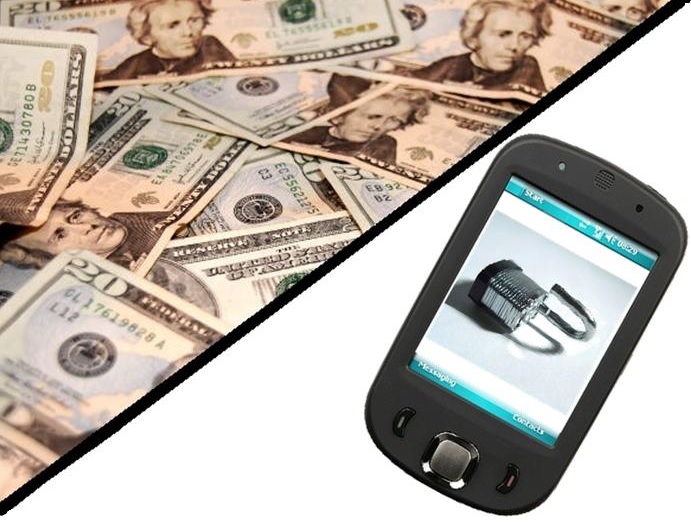Report highlights the lacking awareness merchants have concerning mobile payments fraud
Mobile payments fraud may be growing quite problematic for merchants. A recent study from Kount, the Fraud Practice, and CardNotPresent.com shows that merchants may be unaware of the mobile fraud that could be targeting them. Fraud is not uncommon in the retail space, especially when it comes to digital shopping. Many retailers have had to deal with fraudulent payments in the past and have become somewhat proficient at doing so, but mobile represents a new channel that retailers are not yet comfortable with.
Many retailers are not certain if they are tracking fraud
The report shows that 39.4% of merchants said that they were actively tracking fraud across all of their channels. Another 34.2% claimed that they were uncertain if they were tracking fraud across channels, however, which may be cause for concern among those involved in the mobile payments space. The report also shows that the majority of merchants (61%) are uncertain about whether or not fraud is increasing in the mobile channel. This uncertainty could affect their ability to combat fraud both in the present and in the future.
Mobile payments may not be riskier than other channels
 Mobile payments have become quite popular among consumers, but they have also become a target for malicious groups that want to exploit financial information. Approximately 34% of merchants that deal in digital goods believe that the mobile channel is somewhat riskier when compared to conventional channels. The majority of merchants, however, believe that mobile is as risky as any other channel, since all channels have had to deal with fraudulent transactions in the past.
Mobile payments have become quite popular among consumers, but they have also become a target for malicious groups that want to exploit financial information. Approximately 34% of merchants that deal in digital goods believe that the mobile channel is somewhat riskier when compared to conventional channels. The majority of merchants, however, believe that mobile is as risky as any other channel, since all channels have had to deal with fraudulent transactions in the past.
More merchants are beginning to take mobile payments seriously
The number of merchants that are actively supporting mobile payments continues to grow. The report notes that 68% of all merchants now have some form of mobile payments plan in place. Another 20% of merchants are currently planning to put a mobile payments system in place at some point this year. Merchants are showing favor for mobile channels because of their convenience and believe that mobile devices are an effective way to engage consumers.

 According to the Gartner technology research group’s projections, over the next four years, m-payments will experience a 35 percent average annual growth rate, which will send the number of users to around 450 million, and the amount of spending over this method up to $721 billion by 2017. In North America, alone, there is expected to be a growth rate of 53 percent, this year, so that by the end of 2013, it will have reached $37 billion, when compared to last year’s $24 billion. This is positive news for that industry, but also represents a growing
According to the Gartner technology research group’s projections, over the next four years, m-payments will experience a 35 percent average annual growth rate, which will send the number of users to around 450 million, and the amount of spending over this method up to $721 billion by 2017. In North America, alone, there is expected to be a growth rate of 53 percent, this year, so that by the end of 2013, it will have reached $37 billion, when compared to last year’s $24 billion. This is positive news for that industry, but also represents a growing 